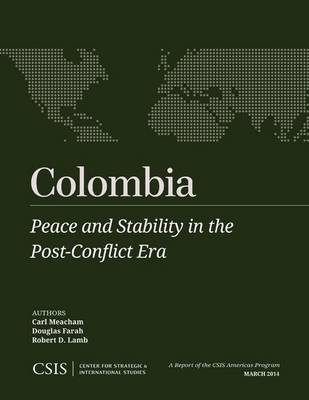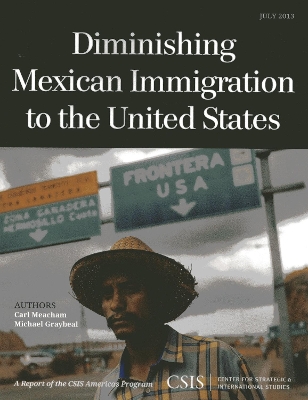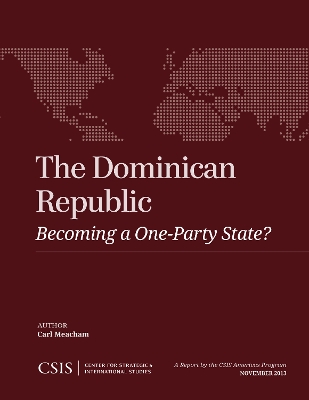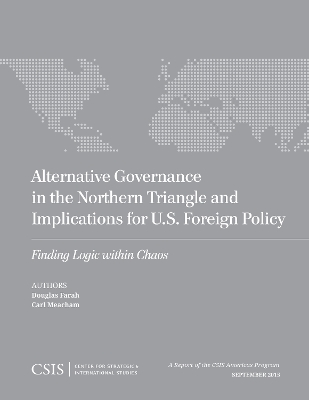CSIS Reports
5 total works
This report from the CSIS Americas Program provides a detailed look at the challenges the Colombian government confronts as it moves from providing security to developing rural areas that were previously conflict zones. In particular, the report examines such issues as remaining security needs; land tenure; needed infrastructure improvements; and better governance. In addition, the report offers recommendations on how the Colombian government can move forward in consolidating gains in its countryside-and how the United States can help.
The United States has provided support to political transitions worldwide for many years. But it was just twenty years ago that the US government established an office specifically to respond when regimes or conflicts ended and to maintain momentum toward positive change. Today's conflicts, however, are more complex, usually involving half a dozen or scores of armed groups-and their alliances and motivations are not always clear. Seldom are peace agreements in place to act as a roadmap to the transition. And transition work now more commonly begins before violence even ends. This report, published on the twentieth anniversary of the founding of the Office of Transition Initiatives at the US Agency for International Development, considers what today's complexities imply for how conflicts and transition work might evolve in the future, with chapters on each major region of the world and on topics such as extremism, urbanization, gender, and humanitarian response.
Diminishing Mexican Immigration to the United States
by Carl Meacham and Michael Graybeal
Published 1 January 2013
This report examines the fundamental link between Mexico's economic performance and migration to the United States, with a particular focus on the post-NAFTA time period. Also examined is the dramatic decline of Mexican migration to the United States since the 2008 financial crisis and its implications for immigration reform in the United States. Finally, the report discusses the growing flows of unauthorized migrants from Central America and what regional governments can do to address the issue.
Is democracy in danger in the Dominican Republic? Is the country headed toward sustained one-party rule? In an effort to understand the state of Dominican democracy and rule of law, CSIS Americas Program director Carl Meacham led a six-month initiative to answer these questions. This report, which details the project's findings, pays particular attention to alleged growing levels of corruption within the government and the independence-and effectiveness-of the country's judiciary, as well as implications for the Dominican Republic's relations with the United States.
Alternative Governance in the Northern Triangle and Implications for U.S. Foreign Policy
by Douglas Farah and Carl Meacham
Published 6 December 2015
This study examines different forms of alternative governance in the absence of a strong state presence in the Northern Triangle of Central America-along part of the Guatemala-Honduras border-a region notorious for its soaring homicide rates, corruption, violence, and emigration to the United States. The purpose of the study is to shed light on the complex and interwoven issues that drive the current crisis of governance in the region and spill over with increasing frequency into strategic issues for the United States.




